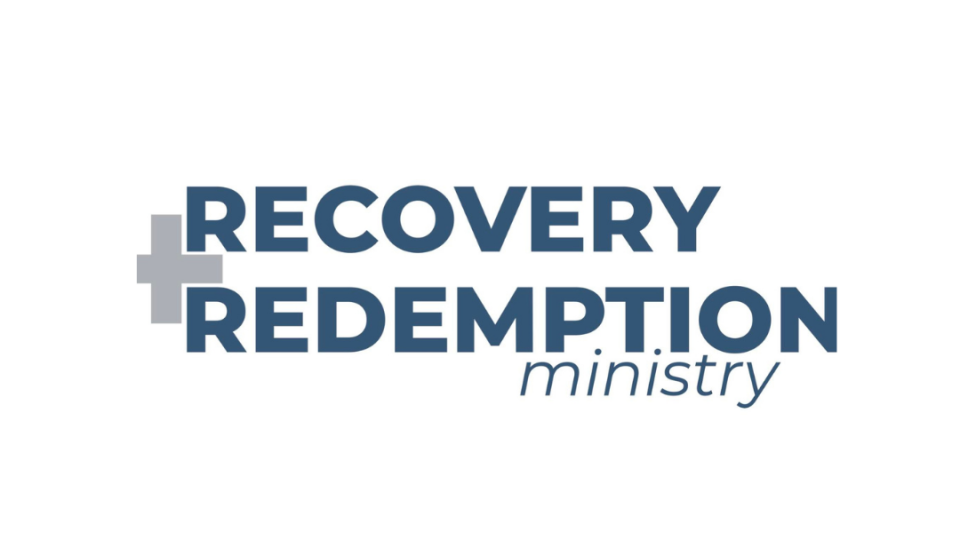By Brandon Sutton
This may seem like a no-brainer, but I can assure you that this is a very controversial and complex question. Personally, I don’t drink—ever. I struggled with alcoholism for years. I tell people I am allergic to it. Every time I drink, I break out in hand cuffs.
But for other people in recovery, whether or not they should drink alcohol is not so cut and dry. I am particularly talking about individuals who are in recovery specifically from drug addiction. For example, many heroin addicts never really struggled with drinking alcohol. It wasn’t their “thing”. Their issue was the needle. So, when they get into recovery from heroin use, they see no problem with having the occasional beer or glass of wine. Again, for me personally, the occasional glass of anything would be disastrous, but for others, it doesn’t seem to be as bad.
So, the one hundred-thousand-dollar question is, should recovering drug addicts have the occasional drink of alcohol?
Let’s start first with the Bible, because it is our authority and ground for truth. The Bible doesn’t say that drinking is sin. Drunkenness is sinful (Ephesians 5:18), but not drinking. In fact, according to Scripture, drinking alcohol can be a good thing. I used to say that alcohol isn’t always bad, but it is never good. I no longer say that, because it wouldn’t be consistent with Scripture. According to the Bible, when used in moderation, alcohol is actually considered a blessing from God. “Wine”, the psalmist says, has been given “to gladden the heart of man” (Psalm 104:15). In the New Heavens and New Earth, the Lord will serve rich food and “wine” for all people (Isaiah 25:6). Jesus Himself drank wine with His disciples (John 2, Matthew 26:27-29). Paul told Timothy to use wine for medicinal purposes (1st Timothy 5:23). Proverbs 31:6 says, “Give strong drink to the one who is perishing, and wine to those in bitter distress.”
As a Pastor, at least two things must be said at this point. 1) I can’t tell people that drinking alcohol is a sin. That would be unbiblical and the definition of legalism. 2) Drinking isn’t always bad. In fact, Scripture lists several good purposes for drinking alcohol.
That being said, I would advise anyone who has struggled with an addiction of any kind to refrain from drinking alcohol. For the sake of clarity, I am saying to the recovering addict, my personal advice would be to never drink alcohol at all.
Let me give you three reasons why.
- Alcohol is an intoxicant. Alcohol has its good purposes, but at the end of the day, it is an intoxicant. Meaning, it has the ability to make someone drunk. It is a drug. For the addict, this is dangerous for two reasons. 1) Drinking alcohol will give them the old euphoric feeling of feeling inebriated, which could lead them back to their drug of choice or propel them into alcoholism. 2) I have known many people who were clean from drugs, but when they chose to drink, their decision-making abilities were so compromised that they chose to use their drug of choice while they were intoxicated. This inevitably led them back into full time addiction.
- You may lose credibility. If you’re in recovery from drug addiction, most likely you’re actively helping other people stay sober too. The last thing you want to do is damage your credibility with your mentees because you have the occasional drink. I have seen this happen many times. People see the occasional drinker as a hypocrite. “How can he or she help me with my addiction when they’re still drinking?” Whether you like it or not, they have a point!
- You might hurt others. If you are mentoring other people, and they, like you, only struggle with drug addiction and not alcohol, you don’t want to give them the impression that drinking is okay. It’s just too dangerous. It would be devastating to know that you led someone back into active addiction because you condone drinking alcohol.
When I first got sober, I met a man who was recently released from prison. He was a recovering heroin addict. This man became devoted to his family and his church. We even discussed going into ministry together. I soon found out, however, that he was having the occasional drink. No one else (to my knowledge) saw this as a problem, but I was very concerned. It wasn’t long, he was back into his old addiction. A few years later, he had a massive heart attack and died.
Obviously, this won’t be every addict’s story, but it will be for some, unfortunately. Better to error on the side of caution than to die on the side of freedom.

